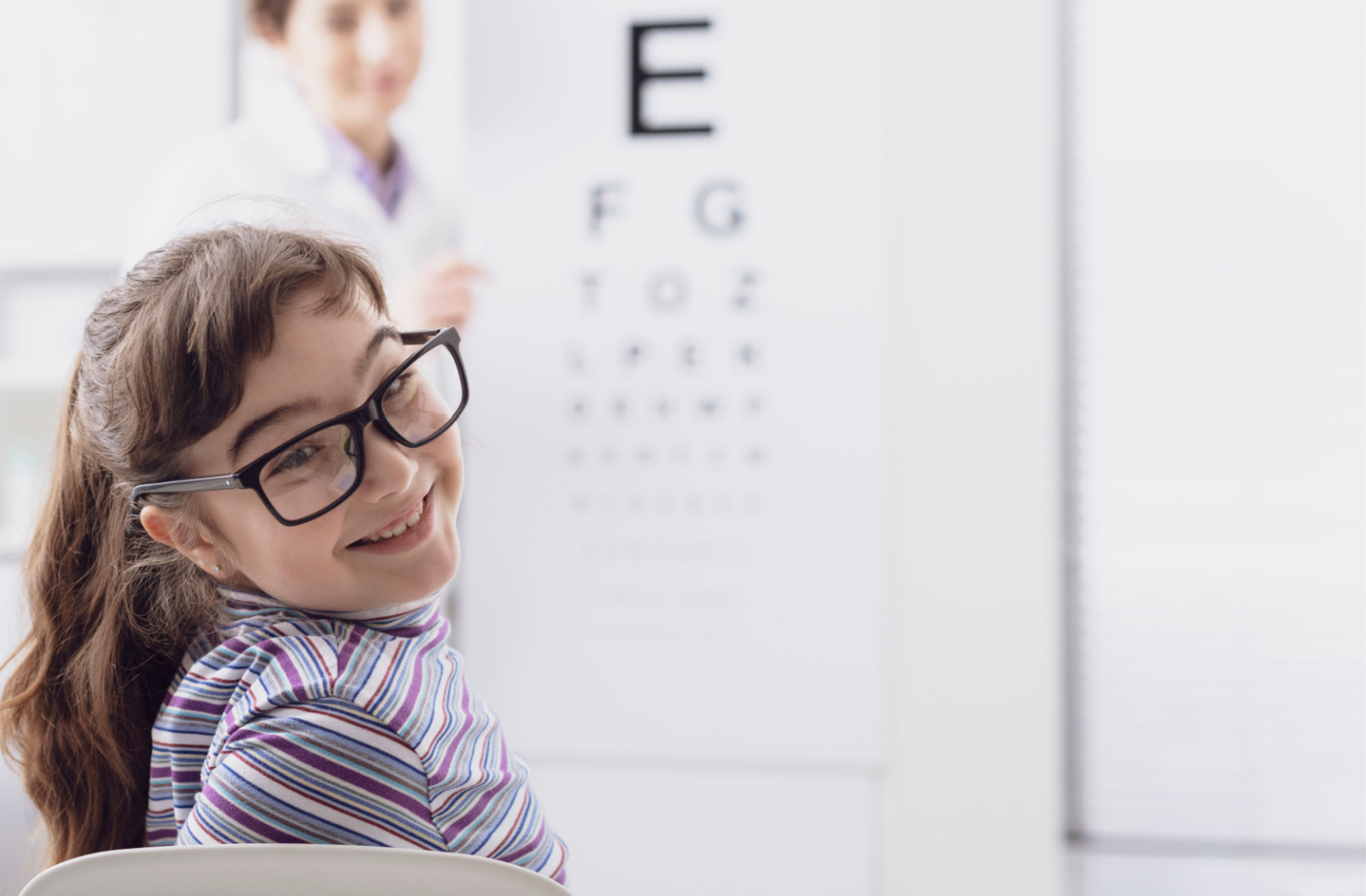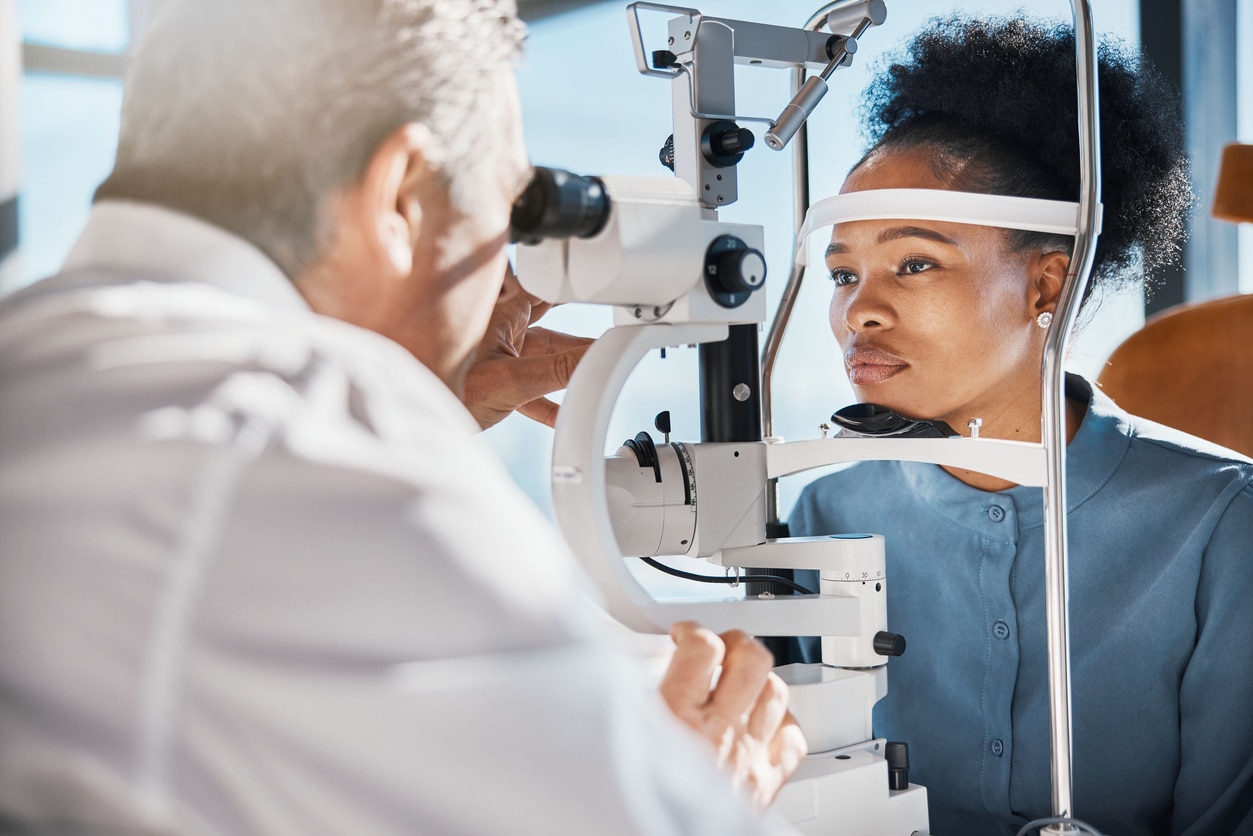All Categories
Featured
Reduced vision, a problem where typical glasses, call lenses, or surgical treatment can not totally bring back view, can make everyday activities testing. The good news is, reduced vision rehab offers a series of resources to aid people keep their freedom and lifestyle. This article explores the choices available for those seeking assistance in handling their visual problems.
What Is Reduced Vision Rehab?
Reduced vision rehabilitation is a structured technique to aid individuals maximize their remaining vision and adjust to brand-new means of performing daily tasks. Professionals function with people to develop individualized strategies, incorporating tools, methods, and training programs that match their unique requirements.
![]()
Key Options for Low Vision Rehab
Vision Enhancing Instruments
Optical Aids: Tools like magnifiers, telescopic glasses, and special reading lenses can enhance clarity for reading, writing, and various other close-up activities.
Digital Visual Help: Devices such as digital magnifiers and portable video clip magnifiers provide adjustable zoom capacities for various tasks.
Wearable Innovation: Smart glasses furnished with electronic cameras and voice feedback offer sophisticated solutions for enhancing vision.
![]()
Assistive Innovation
Screen visitors, text-to-speech applications, and gadgets with voice commands make technology available for individuals with reduced vision.
Smart device applications, such as navigation aids and item acknowledgment devices, aid individuals engage with their environments a lot more successfully.
Educating and Treatment
Alignment and Mobility Training: Specialists instruct abilities for browsing spaces safely, consisting of the use of white canes or guide pet dogs.
Daily Living Skills Training: Rehab programs give techniques for cooking, cleaning, and personal treatment, ensuring that people can execute important jobs separately.
Aesthetic Skills Educating: Workouts designed to enhance the use of continuing to be field of vision can improve visual capability.
Environmental Adjustments
Modifications to living or work spaces can dramatically boost ease of access. Examples include:
Installing brighter illumination.
Including high-contrast markings to home appliances.
Preparing furnishings to develop clear pathways.
Support Networks
Psychological and emotional support is an essential component of recovery. Assistance groups, treatment sessions, and counseling solutions can aid individuals manage the challenges of vision loss.
![]()
Peer networks connect individuals with comparable experiences, cultivating a sense of area and shared learning.
How to Access Reduced Vision Rehab Services
Reduced vision recovery services are frequently supplied by:
Low Vision Clinics: Operated by ophthalmologists and eye doctors concentrating on vision impairments.
Physical Therapists: Specialists in adapting environments and jobs to fit individual requirements.
Not-for-profit Organizations: Groups such as the American Foundation for the Blind (AFB) or regional loss of sight assistance companies offer important sources and recommendations.
Conclusion
Coping with reduced vision can really feel frustrating, however with the best support and devices, individuals can remain to lead meeting lives. Reduced vision rehab supplies a variety of sources tailored to boost performance, boost confidence, and boost lifestyle. If you or an enjoyed one is encountering the obstacles of reduced vision, think about connecting to an expert or rehabilitation center to discover the many options available. With each other, these solutions guarantee that vision loss does not define or restrict one's capacity.
What Is Reduced Vision Rehab?
Reduced vision rehabilitation is a structured technique to aid individuals maximize their remaining vision and adjust to brand-new means of performing daily tasks. Professionals function with people to develop individualized strategies, incorporating tools, methods, and training programs that match their unique requirements.

Key Options for Low Vision Rehab
Vision Enhancing Instruments
Optical Aids: Tools like magnifiers, telescopic glasses, and special reading lenses can enhance clarity for reading, writing, and various other close-up activities.
Digital Visual Help: Devices such as digital magnifiers and portable video clip magnifiers provide adjustable zoom capacities for various tasks.
Wearable Innovation: Smart glasses furnished with electronic cameras and voice feedback offer sophisticated solutions for enhancing vision.

Assistive Innovation
Screen visitors, text-to-speech applications, and gadgets with voice commands make technology available for individuals with reduced vision.
Smart device applications, such as navigation aids and item acknowledgment devices, aid individuals engage with their environments a lot more successfully.
Educating and Treatment
Alignment and Mobility Training: Specialists instruct abilities for browsing spaces safely, consisting of the use of white canes or guide pet dogs.
Daily Living Skills Training: Rehab programs give techniques for cooking, cleaning, and personal treatment, ensuring that people can execute important jobs separately.
Aesthetic Skills Educating: Workouts designed to enhance the use of continuing to be field of vision can improve visual capability.
Environmental Adjustments
Modifications to living or work spaces can dramatically boost ease of access. Examples include:
Installing brighter illumination.
Including high-contrast markings to home appliances.
Preparing furnishings to develop clear pathways.
Support Networks
Psychological and emotional support is an essential component of recovery. Assistance groups, treatment sessions, and counseling solutions can aid individuals manage the challenges of vision loss.

Peer networks connect individuals with comparable experiences, cultivating a sense of area and shared learning.
How to Access Reduced Vision Rehab Services
Reduced vision recovery services are frequently supplied by:
Low Vision Clinics: Operated by ophthalmologists and eye doctors concentrating on vision impairments.
Physical Therapists: Specialists in adapting environments and jobs to fit individual requirements.
Not-for-profit Organizations: Groups such as the American Foundation for the Blind (AFB) or regional loss of sight assistance companies offer important sources and recommendations.
Conclusion
Coping with reduced vision can really feel frustrating, however with the best support and devices, individuals can remain to lead meeting lives. Reduced vision rehab supplies a variety of sources tailored to boost performance, boost confidence, and boost lifestyle. If you or an enjoyed one is encountering the obstacles of reduced vision, think about connecting to an expert or rehabilitation center to discover the many options available. With each other, these solutions guarantee that vision loss does not define or restrict one's capacity.
Latest Posts
Experience the Style of Hardwood Flooring with Carpet Interiors Floor & Home
Published Apr 20, 25
1 min read
The Growing Appeal of Electric Vehicles: A Smart Propose Today's Drivers
Published Apr 20, 25
1 min read
Flooring Professionals That Treat You Like Family
Published Apr 20, 25
1 min read
More
Latest Posts
Experience the Style of Hardwood Flooring with Carpet Interiors Floor & Home
Published Apr 20, 25
1 min read
The Growing Appeal of Electric Vehicles: A Smart Propose Today's Drivers
Published Apr 20, 25
1 min read
Flooring Professionals That Treat You Like Family
Published Apr 20, 25
1 min read